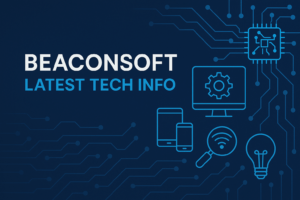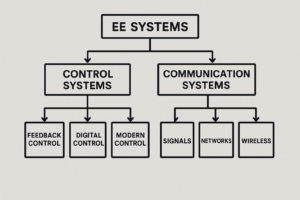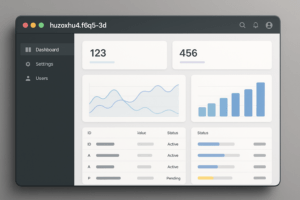Code for the Republic of Korea provides from the data center regulations nothing less than anything that could have an incentive for a user from abroad to skirt such rules-a dictate involving the current expansions that would be made by enterprises led by the likes of Musk with the AI, cloud computing, or digital services. As industry specialists retort, the regulatory environment of South Korea could actually slow down or even thwart a favorable invasion by them.
Regulations, Difficult Even Before the Construction of Data Centers Itself
When worldwide tech firms embark on launching data operation centers, compliance still boils down to quite a long list of challenges-a series of regulatory hurdles that South Korea’s framework is taken to be particularly rigid. The following must be obtained before even the construction of the data-intensive business begins:
- Data Sovereignty Laws-These laws dictate the ways in which data is meant to be numbered and processed within the locality while also ensuring that under no circumstance is personal and sensitive information able to leave the borders of Southeast Asia whatever the reason, be it for data sake or otherwise, unless strict permissions have been granted.
- Environmental and Energy Policies-Every new data center must have high energy efficiency standards and ensure its source of power is from eco-friendly means as it tries to remedy some other carbon footprint issues in the market
- Cybersecurity and Compliance Audits-Security reviews involving foreign firms repeatedly carry obligations to align with national government policies on cyber resilience and sovereignty in digital matters.
These requirements impose fairly stiff financial and logistical barriers to foreign amateurs aspiring to secure entry into the competitive turf of clouds and AI within Korea.
Musk’s Luck
For very much of Elon Musk’s business kingdoms that involve Tesla, SpaceX, xAI and X (formerly Twitter), infers massive reliance on data sets. For xAI’s latest AI, this refers to construction centered around one of the largest data-intensive projects yet, but consuming quite an enormous amount of energy while keeping within strict local policies.
Of all companies owned by Musk, the applying data could range from getting through-incurring high costs and delays-to needing approval for any data-related endeavor within South Korea.s The strict data sovereignty tenets involved could define tight boundaries around world datasets for xAI or X, and restrict work on the training and efficiency of their AI endeavors.




